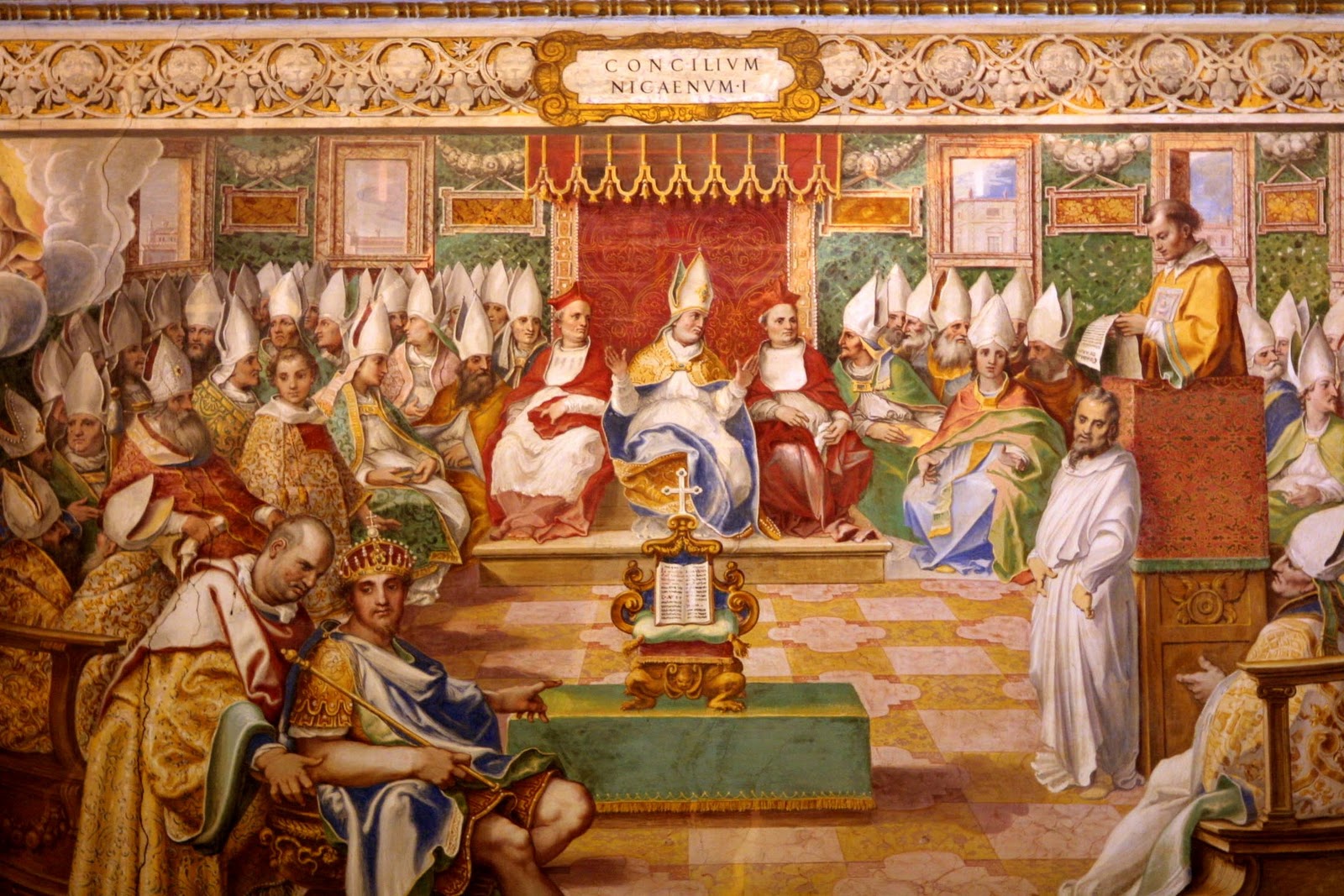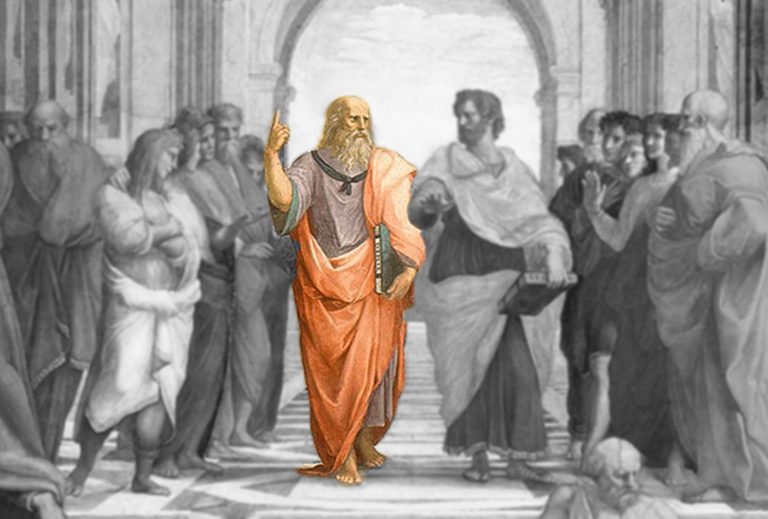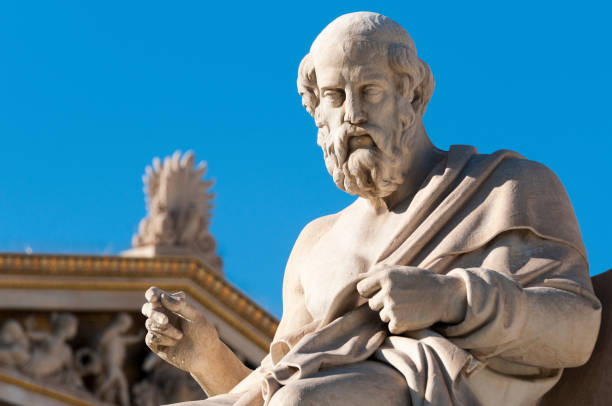The Creed of 1 Timothy 3:16: God Revealed in the Flesh?
There are many examples in Scripture of what scholars consider to be the earliest creeds, that is, concise statements of faith. For example, Moses taught the Jews that God is one:Deuteronomy 6:4 (NASB) "Hear, O Israel! The LORD is our God, the LORD is one!This foundational creed is known as the Shema because the first word of the creed in Hebrew is shema (or shama), which means to hear. Jesus adhered to this creed and said that to love this singular God was the foremost…







